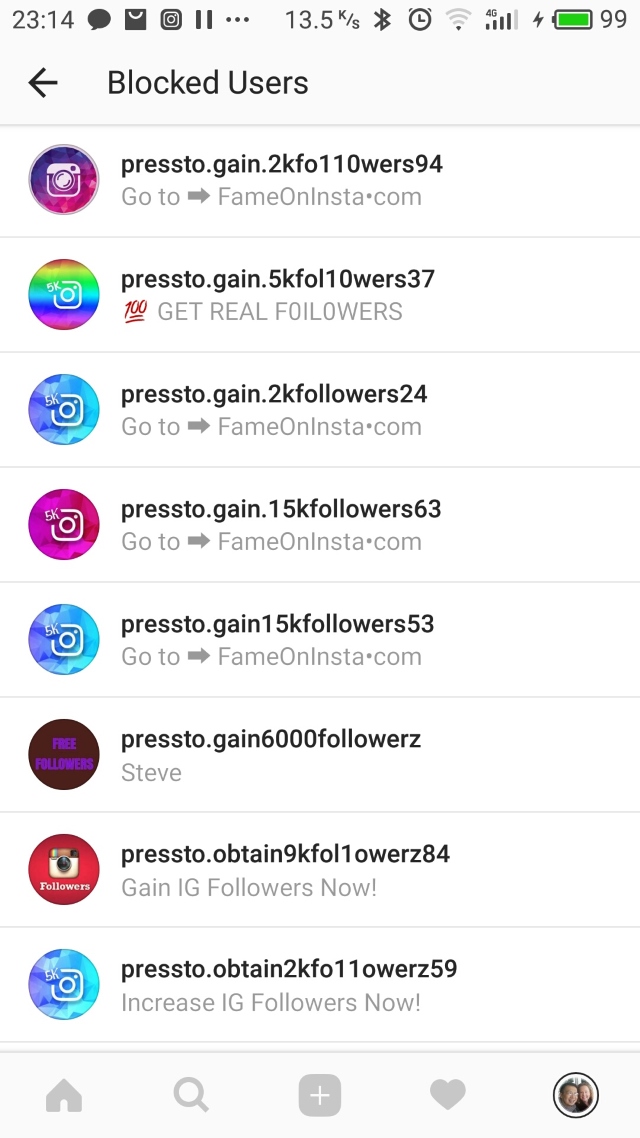
Above: I must report and block dozens of Instagram accounts a day, not unlike getting over the 200-a-day mark on Facebook in 2014.
For the last few days, I made my Twitter private. It was the only time in 11 years of being on the service where I felt I needed that level of privacy; I only made things public again when I realized that I couldn’t actually contact people who weren’t already following me.
However, it was relatively blissful. Accounts with automated following scripts were blocked as I had to approve them manually. I had far fewer notifications. And I only heard directly back from people I liked.
It actually reminded me of the “old days”. It’s why Mastodon appeals: since there were only a million people on there at the end of last year, it felt like Twitter of old (even if it has already descended far enough for actor Wil Wheaton to get abused, compelling him to leave).
The quieter few days also got me thinking: I had far more business success prior to social media. I was blogging at Beyond Branding, and that was a pretty good outlet. I emailed friends and corresponded like pen pals. Those weren’t fleeting friendships where the other party could just “like” what you said. If I really think about it, social media have done very little in terms of my business.
I’m not saying that social media don’t have a purpose—a viral Tweet that might get quoted in the press could be useful, I suppose—but I really didn’t need them to be happy in my work and my everyday life.
Since giving up updating my Facebook wall in 2017, I haven’t missed telling everyone about what I’m up to, because I figured that the people who needed to know would know. Twitter remained a useful outlet because there are some people on there whose interactions I truly value, but as you can surmise from what I said above, the number of notifications didn’t matter to me. I don’t need the same dopamine hit that others do when someone likes or re-Tweets something of theirs.
Interestingly, during this time, I logged into Whatsapp, an app I load once every three months or so since I have a few friends on it. I saw a video sent to me by Stefan Engeseth:
When I look at my Instagram stats, they’re back to around 2015 levels, and with these current trends, my usage will drop even further as we head into 2019.
And I really don’t mind. The video shows just why social media aren’t what they’re cracked up to be, and why they aren’t ultimately healthy for us.
I can add the following, that many of you who read this blog know: Facebook is full of bots, with false claims about their audience, and engages in actual distribution of questionable invasive software, charges I’ve levelled at the company for many years, long before the world even heard of Christopher Wylie. Twitter is also full of bots but actually disapproves of services that help them identify them; they have double standards when it comes to what you can and can’t say; and, perhaps most sadly, those people who have viewpoints that are contrary to the mainstream or the majority are shat on by disorganized gangs of Tweeters. That’s not liberty. Instagram is also full of bots—like when I was on Facebook, when I reported dozens to hundreds of bots a day—and there seems to be no end to them; it also lies when it talks about how its advertising works. Given all of these problems, why would I provide these services with my precious time?
I engage with these social media in more and more limited fashion and I wouldn’t be surprised if I’m completely away from these big tech names in due course.
It’s not as though young people are active on them, so the idea that they are services where you can get the next generation of customers is bogus. If you say you’re on Facebook, you might be considered an old-timer now. I asked a Year 11 student here on work experience what he used. Facebook wasn’t one of them. He said most of his friends Snapchatted, while he was in to Reddit. He didn’t like Facebook because it wasn’t real, and we have a generation who can spot the BS and the conceit behind it.
It does make the need for services such as Duck Duck Go even greater, for us to get unbiased information not filtered by Google’s love of big corporations, in its quest to rid the web of its once meritorious nature. Google is all about being evil.
As we near the 2020s, a decade which we hope will be more caring and just than the ones before, it’s my hope that we can restore merit to the system and that we find more ethical alternatives to the big names. I can’t see as great a need to show off fake lives on social media when it’s much more gratifying, for me at least, to return to what I did at the beginning of the century and let the work speak for itself.
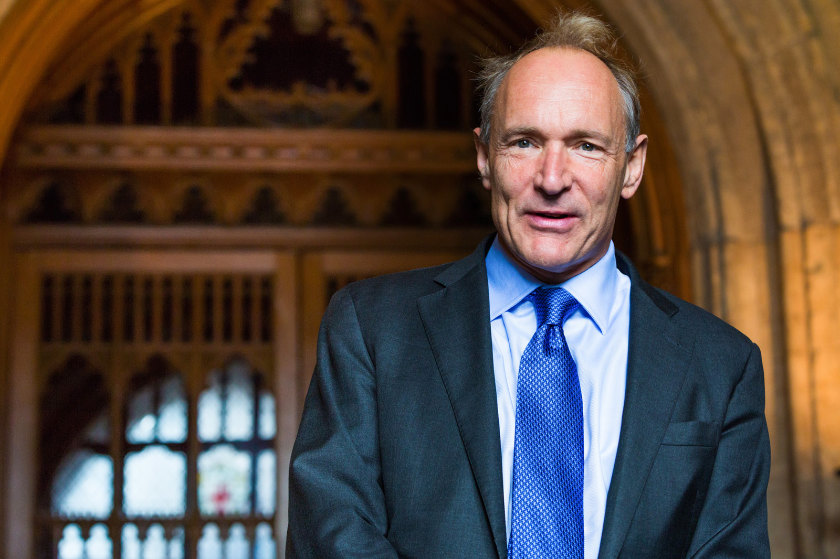
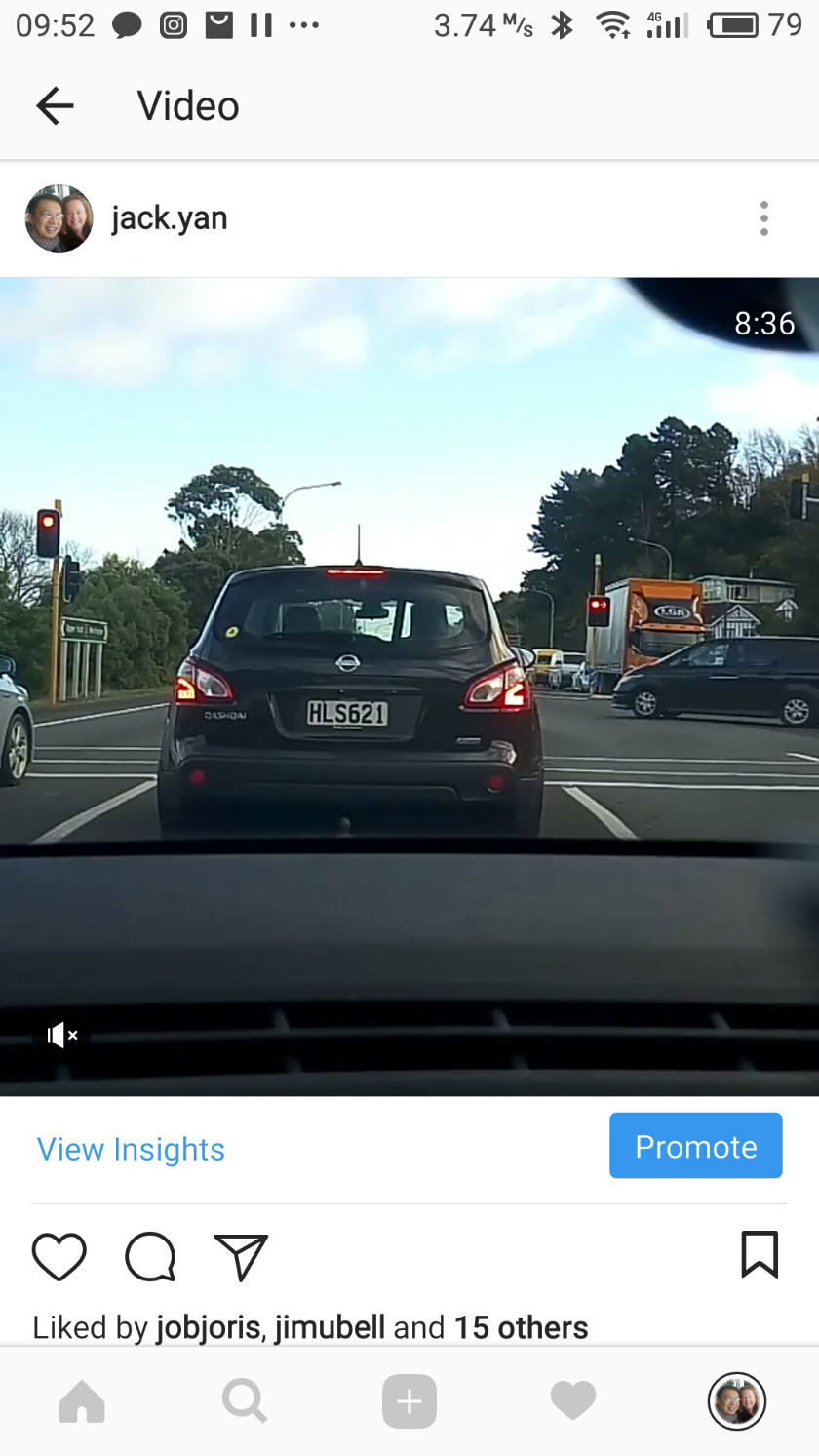

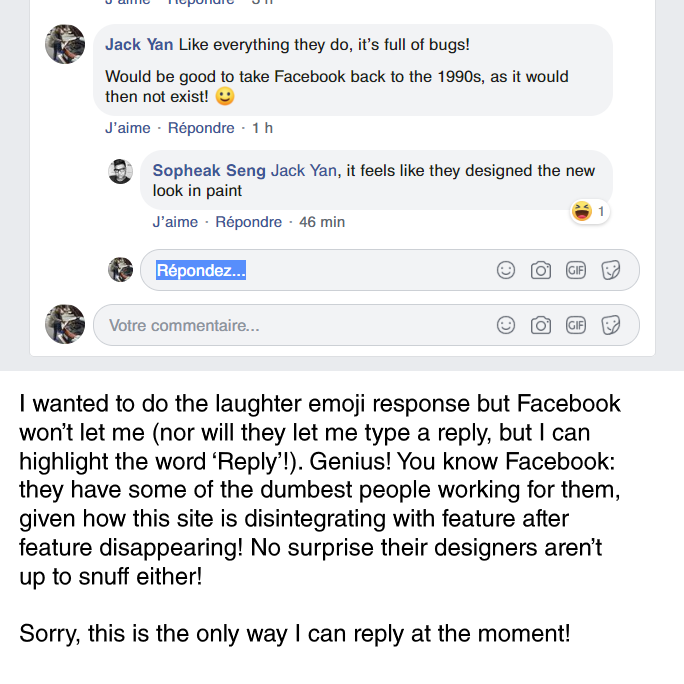
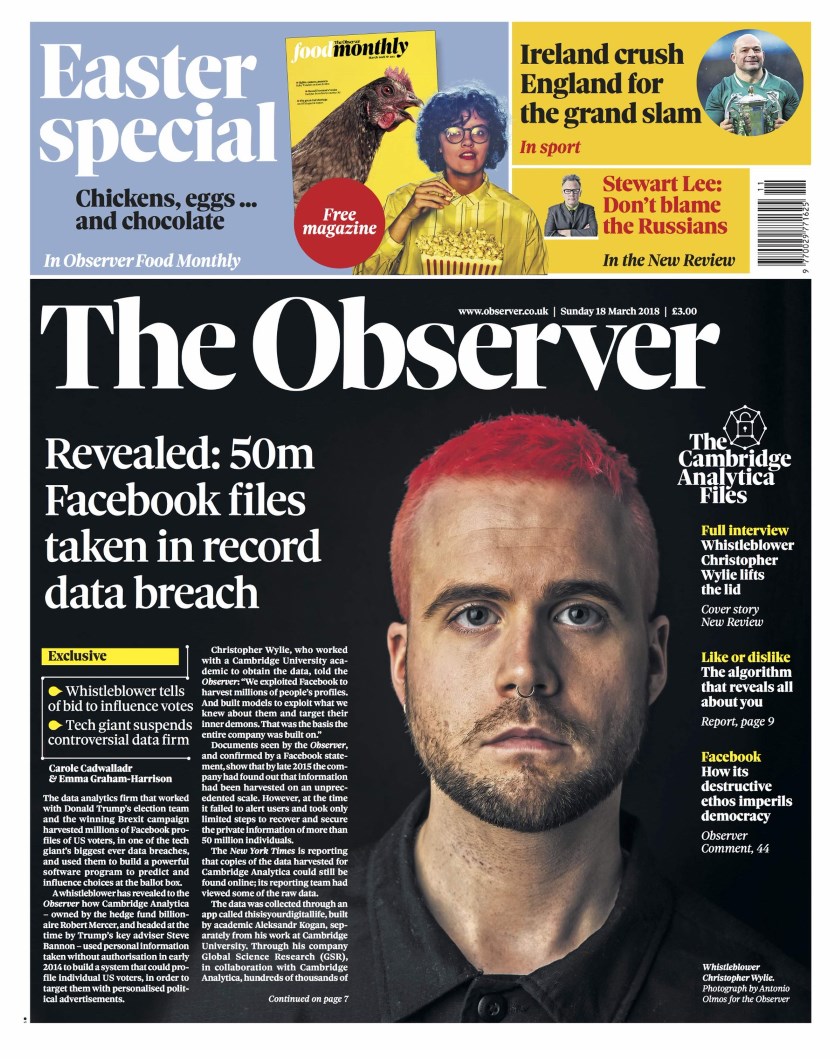
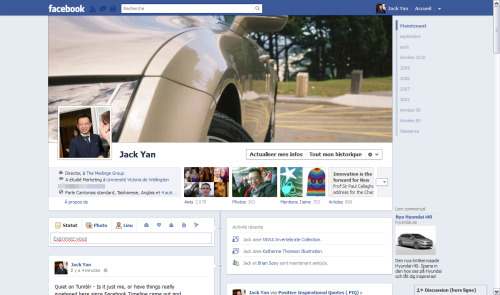
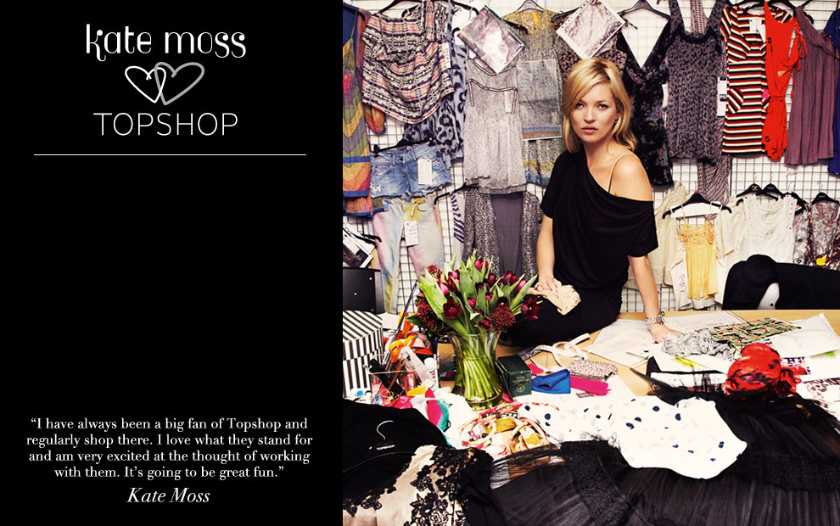
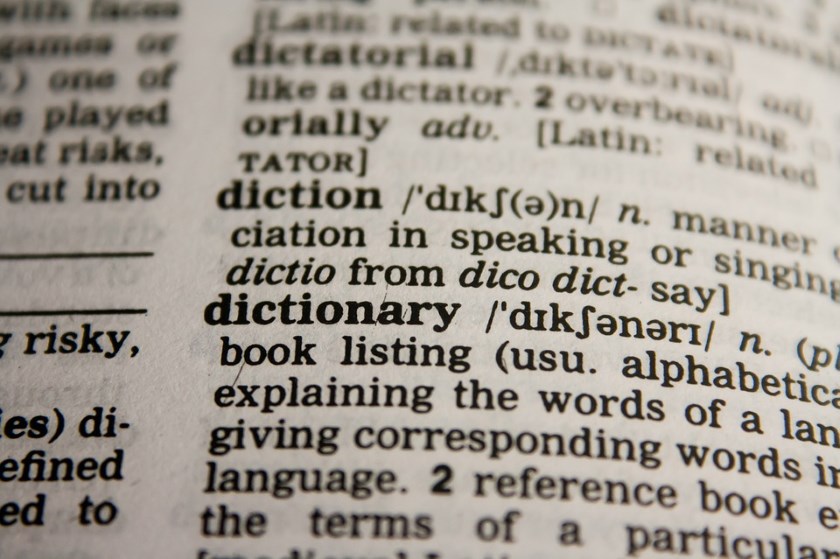
One thought on “Social media mean less and less”